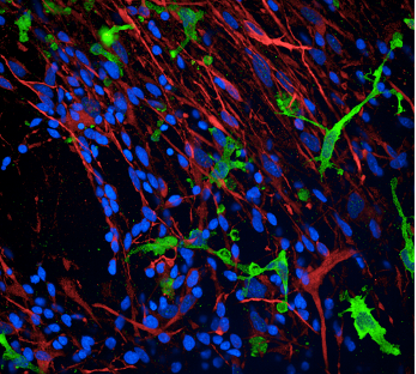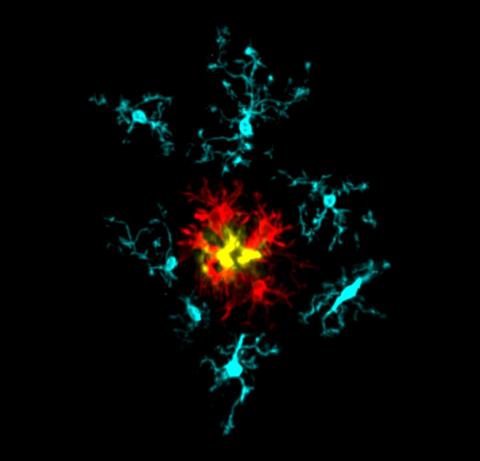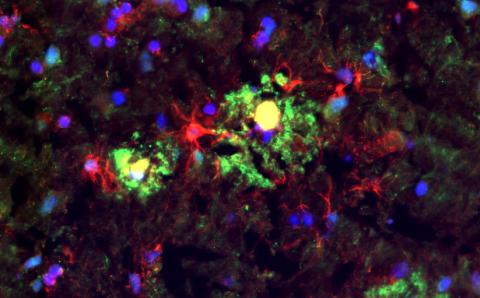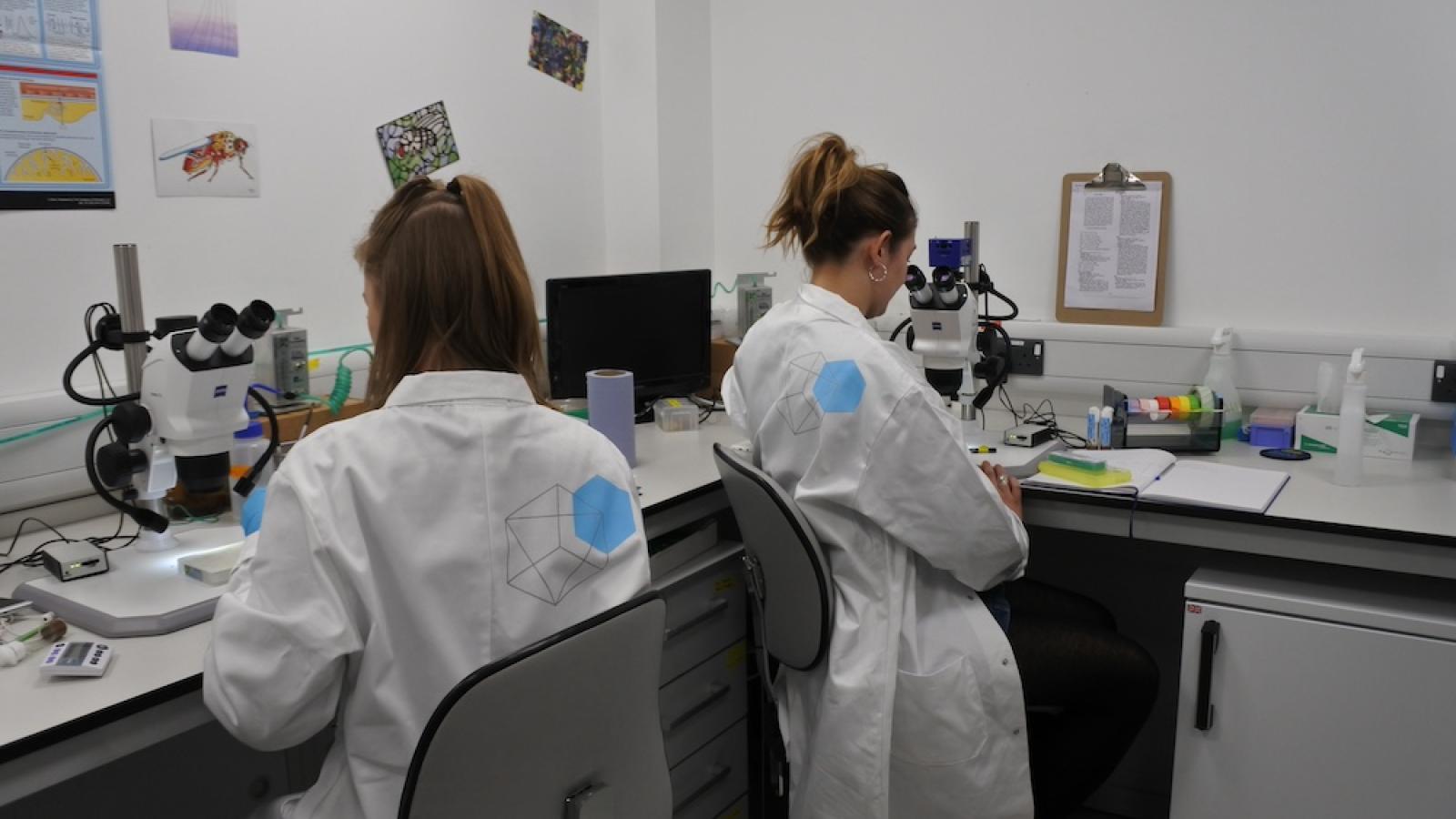The UK DRI at Cardiff has four overarching research themes:
- Genetics
- Computational biology
- Immunity
- DNA repair
The team are working to understand the contribution the immune system plays in Alzheimer’s disease through genetic studies of microglia and the complement system, producing novel disease models based on genetic risk, new biomarkers to diagnose disease at an earlier stage and novel approaches to treatment by targeting complement and inflammation.
In Parkinson’s, researchers at the UK DRI at Cardiff are combining data science, genetics and computational biology with cellular pathology, electrophysiology for assessment of circuit and synaptic biology, cohorts of early disease and modelling to pinpoint disease mechanisms.
The team are utilising DNA repair mechanisms, genetics and gene editing techniques to better understand and treat Huntington’s disease and other DNA repeat disorders.
The Centre integrates diverse national and international digital data resources, focusing on genetics, electronic healthcare records, and clinical study data. By harnessing state-of-the-art machine learning techniques and federated learning technology, they aim to transform healthcare data into actionable insights, enhancing both clinical decision-making and research capabilities.
The work of the Centre bridges from underpinning molecular mechanisms through preclinical models to human conditions, with researchers focused on discovery of disease mechanisms, identification of novel therapeutic targets and ultimately creating new drugs for neurodegenerative conditions.

Induced pluripotent stem cells differentiated into neurons. Credit: Natalie Connor-Robson
Labs




